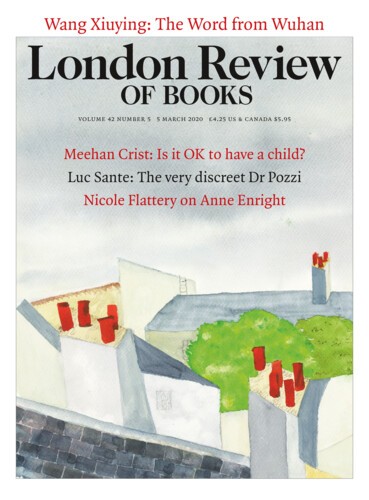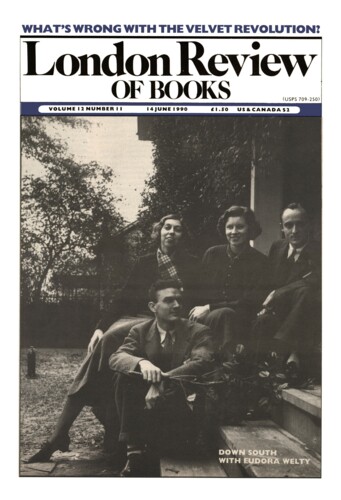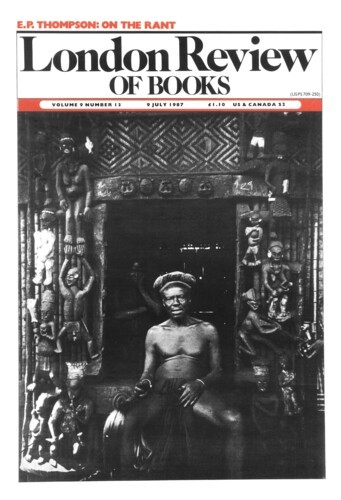The extraordinary spectacle of the South African Government and the African National Congress socialising and bantering with each other for the first time needs to be decoded for its psychological implications. Politics is about the manipulation of symbols as a precondition for the exercise of real power. Not only was the ground laid for irreversible negotiations and compromises between two deadly enemies, but the antagonists also established a cordial relationship during three days of talks at the foot of Table Mountain. They discovered, in Thabo Mbeki’s words, that to their mutual amazement they ‘had no horns’. Members of the dreaded Security Police who guarded the ANC delegation became buddies with their enemies and were soon on a first-name basis. While white and black South Africa wondered about respectable ‘terrorists’ being invited into the official residence of South African prime ministers, a flabbergasted correspondent observed: ‘When Mbeki began to crack jokes, accompanied by some boyish elbow-tugging with General Basie Smit, the chief of the Security Police, the unusual appeared to become elevated to the sublime.’
The extraordinary spectacle of the South African Government and the African National Congress socialising and bantering with each other for the first time needs to be decoded for its...




